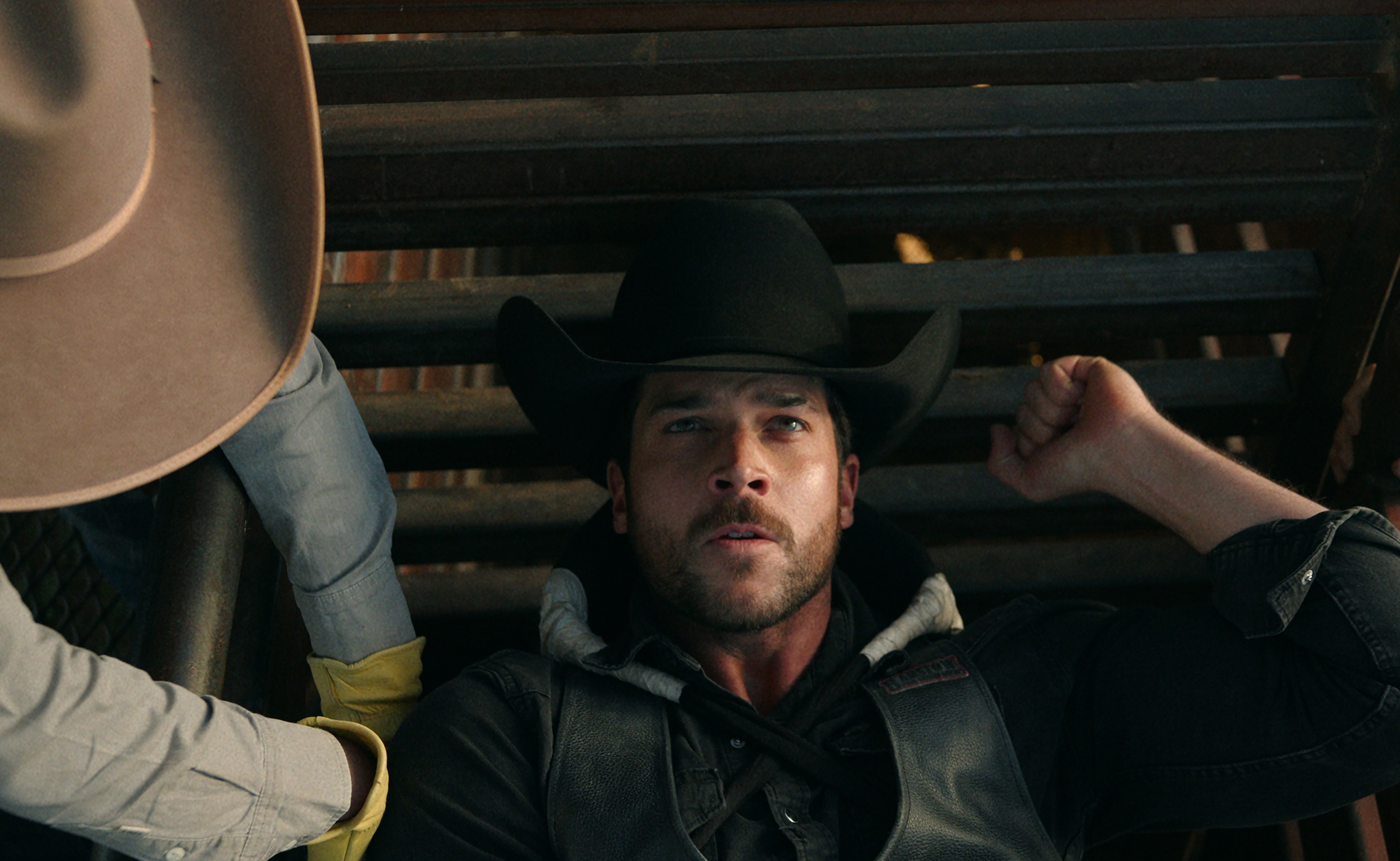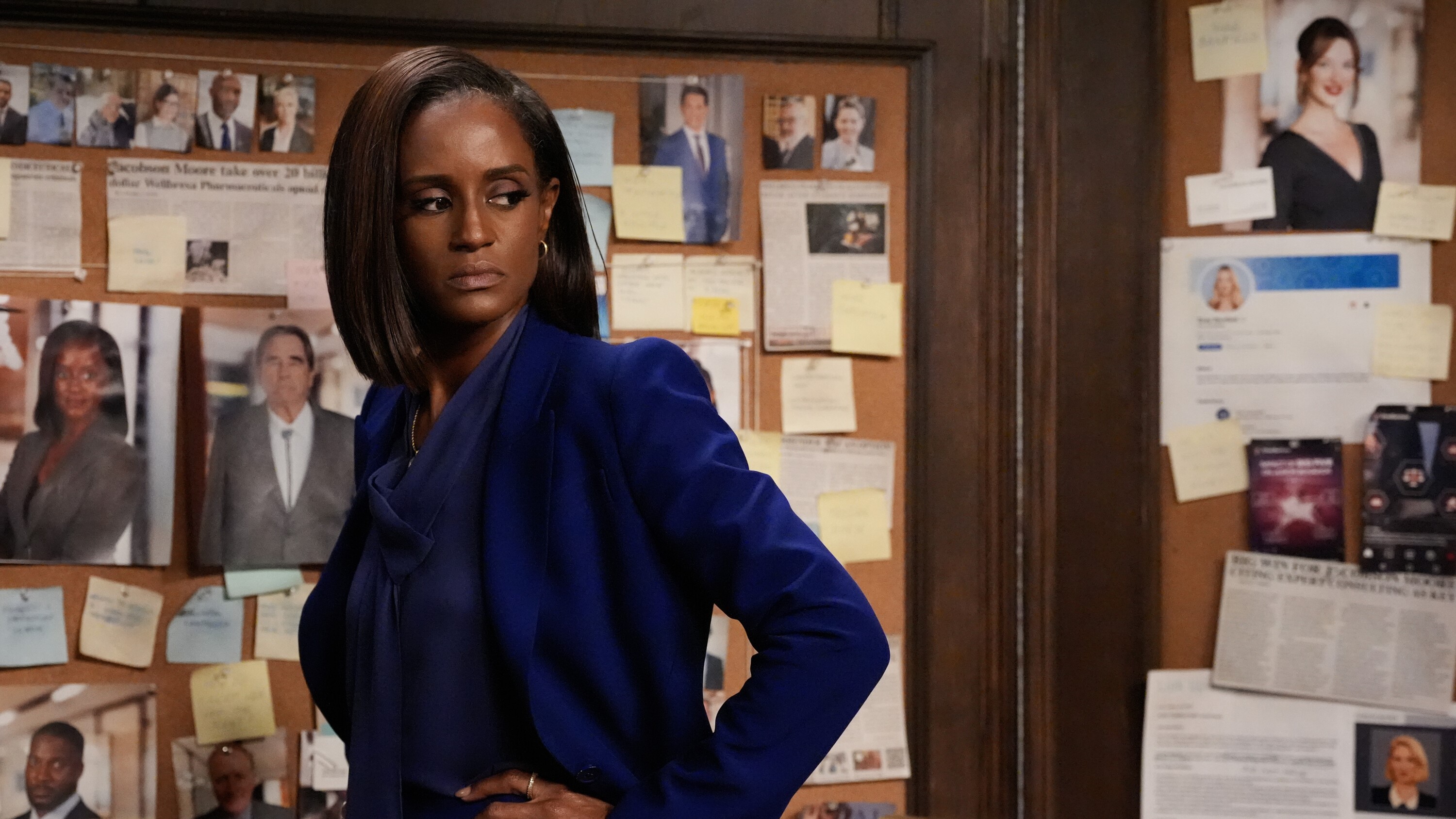Why aren't Paramount and other studios following the Warner Bros. release strategy?
Snake oil!

In late 2020, Warner Bros. announced that they'd be releasing their entire 2021 film slate with a hybrid strategy. In short, this means that films that take place in the calendar year will release on HBO Max and in theaters at the same time. During their Investor Day, Paramount announced their window would be 45 days after films under their umbrella open in theaters. Meanwhile, Disney is releasing some of their movies on Disney+ while other major tentpoles will still go to theaters when they're safe to enter again.
So, why aren't all the other major studios following the Warner Bros. model? Consumers are thrilled at the idea, so everyone shifting to the hybrid release strategy should be an obvious move. The problem is, said strategy is a terrible decision for everyone involved — yes, even the consumer. To get to why, we need to break down a couple of factors.
Why did Warner Bros. choose a hybrid release strategy?
The short answer? Because they didn't have any other option. While Disney can hold out for as long as they need to for the Black Widows and the Spider-Mans of the world (while adding what cushion they can with Disney+ releases like Mulan, Raya and the Last Dragon and their Marvel Cinematic Universe television content), Warner Bros. was stuck in a tough spot.
Before announcing the hybrid release plan, HBO Max subscribers sat around 6.8 million. That's a rough number. Here's where the other platforms are:
- Netflix: 203.6 million
- Disney+: 94.9 million
- Amazon Prime Video: 53.3 million
- Hulu: 39.4 million
- Apple TV+: 33.6 million
- Peacock: 33 million
- CBS All Access: 30 million(ish)
HBO Max's current subscribers with the hybrid release plan known and major releases like Godzilla vs. Kong on the horizon? 37.7 million.
That's a huge revenue jump from where it sat in September 2020. Which is good, because all of Warner Bros. eggs are in this basket. Don't take this the wrong way, but they don't care one iota about consumer safety. They just know no one's going to theaters right now. They had it proven to them aggressively with Tenet, and they had to make some kind of hail Mary in 2021 to avoid financial catastrophe.

That hail Mary pass came with consequences
Turns out, when you make a unilateral decision that affects all of your partners, there's going to be some fallout. And that fallout gets even worse when you're the only one who reaps the benefits.
Get the What to Watch Newsletter
The latest updates, reviews and unmissable series to watch and more!
Legendary, a long-standing partner with Warner Bros., threatened to sue over hybrid strategy. Why? Because releasing directly to streaming is a monumental loss in revenue (yes, even when you're Disney and charge $30 a pop). The company stood to lose millions over the decision with Godzilla vs. Kong and Dune both on the horizon. For now, Warner Bros. seems to have calmed their partner by releasing Godzilla vs. Kong a week earlier in international markets where HBO Max is unavailable. This distinction matters because there's nothing to stop the film from being pirated in those markets once it's released on the streamer, and it gives Legendary a chance to recoup a small amount of money with the brief theatrical exclusivity internationally.
Christopher Nolan, who has earned Warner Bros. millions upon millions over the years, has said he's all but done with their relationship with this hybrid release plan. He even went so far to call HBO Max the worst of the streaming platforms. For those thinking "well, Nolan's just one guy," you're right! Except the entire Directors Guild of America is considering a boycott of Warner Bros. over the move.
Meanwhile, agents of talent involved in the films releasing have big questions about how their stars will be affected.
It feels worth reiterating that every one of the parties mentioned here — including Legendary — found out about this plan the same day as consumers.

Why should I care?
Short answer? Because you like movies, and you like them being at the quality that they are.
Longer answer? Stick with me.
This isn't about the "sanctity of theaters." If you've followed my work here you've heard me mention that for many critics, theaters are our church. We miss them. We crave them. We also think it's the dumbest idea possible to go to them right now. So, how can I be the one sitting here telling you that Warner Bros. strategy is bad for both the industry as a whole and you the consumer? Simple: because I love movies too.
As is the case with all things, this boils down to money. For Warner Bros., they'll make a fraction of what they lost in 2020 back with their newfound subscriber base. But let's be clear here: they're still at the bottom of the subscriber pool. And even if they weren't, they're still losing money off this decision. Disney+ will push Black Widow out until we're in our graves rather than put in on their streaming platform because they don't need to grovel for subscribers and no matter what they do no streaming release will ever gross what a theatrical release will.
As the consumer, it's not your job to care what these production giants are making. Except it is if you want movies like Godzilla vs. Kong, Dune, MCU films, etc. to continue to be made. There is a world on the other side of COVID, and if we make this hybrid release strategy the norm, major motion pictures like the above die. No one's going to throw hundreds of millions of dollars at films without the ability to make their money back, that would be stupid.
"But I like smaller movies," you say? Me too! But if you think the independent films that actually reach consumer eyes wouldn't be the first thing to die out if every studio went to the Warner Bros. model, I've got a bridge to sell you.
If you're the type who laughs at the majority of films that Netflix puts out as king of the streaming hill, this isn't a future you want.
In conclusion
Theaters need to evolve. Studios need to evolve. Hell, we as humans need to evolve. But this is the rare instance where what's good for the industry and what's (ultimately) good for the consumer lines up.
HBO Max and Warner Bros. have tried to present this hybrid release strategy as a decision made for the people! They're bringing you a balm in the COVID-era by giving you the best possible entertainment right to your couch. Except a key ingredient in that balm is snake oil. The only one who benefits from Warner Bros. release strategy is Warner Bros. If that weren't the case, Paramount+ and Disney+ would have followed suit while all the heat was on their competitor for leading the way.
Amelia is an entertainment Streaming Editor at IGN, which means she spends a lot of time analyzing and editing stories on things like Loki, Peacemaker, and The Witcher. In addition to her features and editorial work, she’s also a member of both the Television Critics Association and Critics Choice. A deep love of film and television has kept her happily in the entertainment industry for 7 years.











